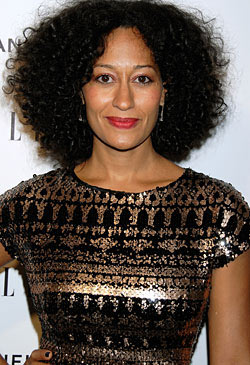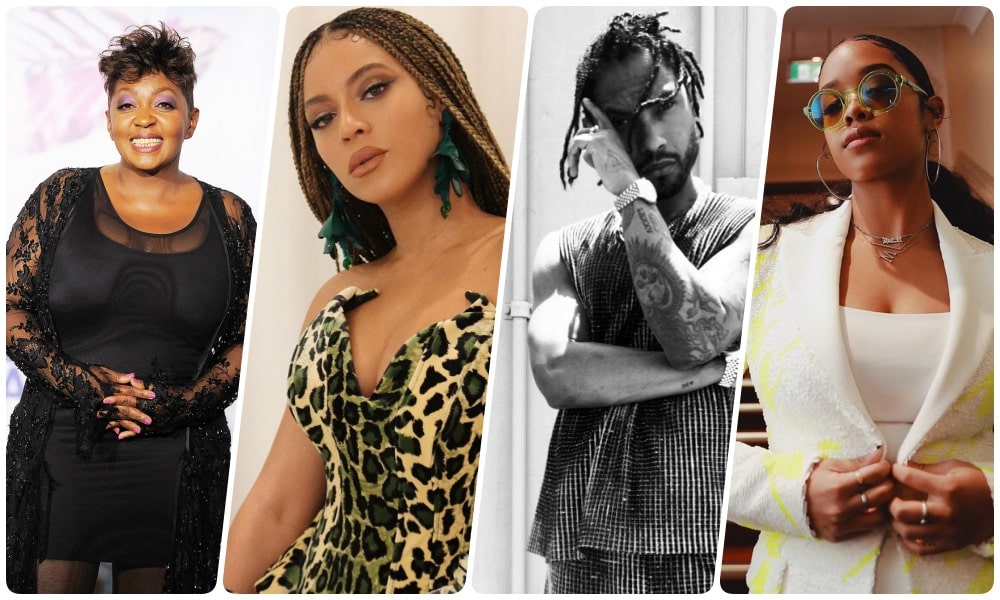As deep as we are in “reality” shows, it might seem near impossible to find any element of television that radiates as natural. But instead of holding a magnifying glass to your screen to figure out if that’s really your favorite actress’ nose–or other body parts–sit through a commercial break. Count the number of African American women (and children) you see without straight hair. What did you come up with?
I remember conducting the exact same experiment while lazily lying in bed watching television. Nearly every black woman and child that appeared in the advertisements, regardless of the product, was sporting some sort of curly, afro-ed out do. That’s odd, no? Especially in a country where such a look is largely unaccepted and discouraged. So, the question is: has American society switched over from the idea of assimilation to multiculturalism or is it just a marketing ploy to grab the attention of African American viewers? The latter seems to ring true. In all honesty, advertising is about making money, right? And what better group (minorities) to target than one with the spending power of $2 trillion?
Furthermore, you don’t have to look very far in the past to find an example of the rage against being natural. Just last December, a certain female publication’s (former) editor urged black women in the workplace to “Just say no to the fro” (Yes, this is an actual slogan by the editor). Needless to say, her comments stirred African Americans across the country into an uproar.
That backlash was quite possibly due to the increasing number of women, both in and out of the office, who are choosing to embrace their natural locs. And it’s no wonder. Natural hair (dreadlocks, afros, etc.) has garnered its own following within recent years, with numerous sites dedicated to the topic alone and stars like Tracee Ellis Ross, Jill Scott, Erykah Badu, and India Arie regularly rocking the natural look.
But, even so, you can’t help but wonder when this increase of such looks will translate from simply being broadcast during advertisement breaks to the actual television shows themselves. —— By: Bethany N.
Since 2005, Singersroom has been the voice of R&B around the world. Connect with us via social media below.








